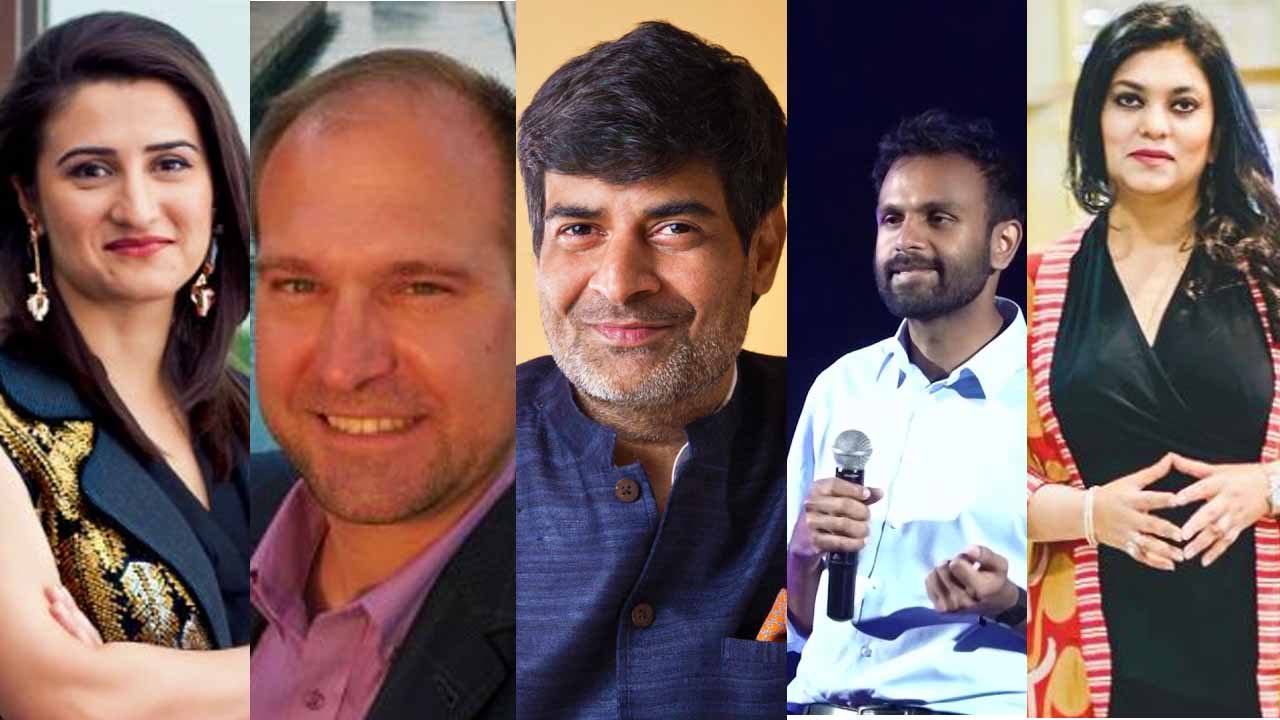The internet simply is a network of networks, no one owns it but every participant has their fair share role to play in the most popular of inventions of the late 20th century. The mammoth number of servers present around the world are linked up and make ‘internet’ possible. To strengthen it further, global compliance to a fixed set of standards is a must.
When any of the various stakeholders attempt to break or filter this connection knowingly, unknowingly a phenomenon called ‘cyber-balkanisation’ or splinternet takes over. This divide or fragmentation in the ‘network of networks’ may arise due to one or more factors such as technology, politics, religion, commerce.
Countries over the years been increasingly filtering content from their citizens, they are also walling data from “outside” reach. For instance, South Korea filters news agencies belonging to North Korea hence contributing to splinternet.
With regard to technology, splintering can be observed in the way new devices are popping every now and then with their own set of standards. “We’ve had 15 years now where there was a common standard for the kinds of computers that were connecting up to Web sites, and this really made it easy for the people who were delivering content to those folks. But now, between iPhones and Tablets and Kindles, you can’t be sure if you build a Web site that everybody will experience it the same way anymore,” Josh Bernoff of Forrester Research explained in an interview.
Splinternet hence comes with multiple threats
New standards offer opportunities for hackers to breakaway systems created on standards brought to life every alternate day. Splinternet also carries with it the potential to lead a country/region to total isolation and complete stagnation.
How far are we from redefining the internet? Will splinternet continue to grow? What options do individuals have to tackle being locked out? These questions and a lot more will be pondered upon in the discussion that is slated to take place on Day 1 (October 14) of Observer Research Foundation’s CyFy Conference 2019 which will take place by an esteemed panel.
Arun Sukumar, who is head of Technology and Media Initiative at the ORF Observer Research Foundation’s will chair the event. A PhD candidate at Fletcher School of Law and Diplomacy, Tufts University, Arun has also served as an independent legal expert in 2016 to the United Nations Group of Governmental Experts.
Other members of the panel include Shweta Rajpal Kohli, Director, Government Affairs (South Asia), Salesforce; Sean Kanuck, Founder and CEO of EXEDEC LLC; Samir Saran, President, ORF; Mahima Kaul, Director of Public Policy, Twitter.
Newsd is the official Knowledge Partner for Observer Research Foundation’s CyFy Conference 2019 which will take place from October 14, 2019 to October 16, 2019. Follow Newsd on Twitter, Facebook to get the latest from the conference.


















